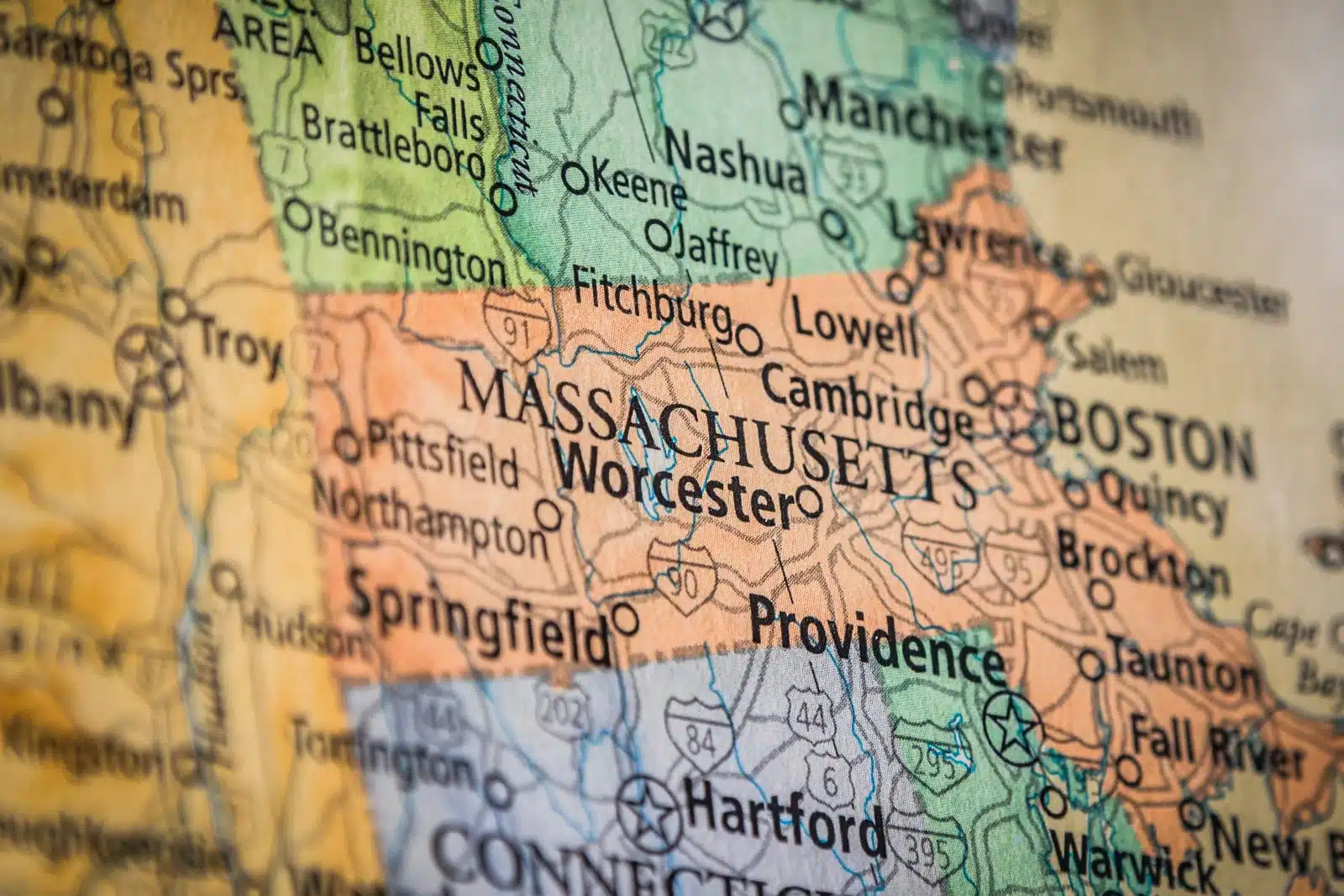The stereotype of the ‘ignorant American’ abroad is a persistent one, often depicted as someone loud and unaware of the world around them. But where does this image come from, and how much truth is there to it? Here are 21 reasons that contribute to the formation of this stereotype, shedding light on its origins and the realities that often go unnoticed.
1. Language Barriers

Image Credit: Shutterstock / fizkes
Many Americans travel without fluency in other languages, relying on English globally. This can sometimes appear as a lack of effort to engage with local cultures.
2. Geographic Isolation

Image Credit: Shutterstock / BestStockFoto
The United States’ geographic separation from much of the world can lead to less exposure to diverse cultures and languages compared to Europeans who frequently cross borders.
3. Media Representation

Image Credit: Shutterstock / IxMaster
American media often focuses on domestic issues over international news, which can contribute to a less informed public about global affairs.
4. Educational Focus

Image Credit: Shutterstock / Ground Picture
The U.S. education system historically emphasizes American history and perspectives more than world history, which may limit global awareness.
5. Nationalism

Image Credit: Shutterstock / Mariia Ploshikhina
A strong sense of national pride can sometimes be perceived by others as nationalistic or self-centered behavior.
6. Tourist Behavior

Image Credit: Shutterstock / Twinsterphoto
Some Americans abroad may exhibit behaviors that are considered rude or inconsiderate in other cultures, reinforcing negative stereotypes.
7. Economic Power

Image Credit: Shutterstock / NATNN
The U.S. dollar’s strength often allows Americans to travel more widely, but spending habits can be viewed as lavish or wasteful.
8. Cultural Exports

Image Credit: Shutterstock / Jari Hindstroem
Global consumption of American culture, like movies and music, might overshadow local customs and contribute to a homogenized view of American attitudes.
9. Political Decisions

Image Credit: Shutterstock / Salivanchuk Semen
International opinions about U.S. foreign policy can impact how Americans are perceived abroad, especially in countries directly affected by these policies.
10. Lack of International Experience

Image Credit: Shutterstock / NDAB Creativity
Less international travel experience compared to peers from other countries can lead to naivety or misunderstandings about local customs and etiquette.
11. Media Stereotypes

Image Credit: Shutterstock / Sharomka
Popular films and TV shows often caricature Americans as ignorant or uncultured, which can influence global perceptions.
12. Consumerism

Image Credit: Shutterstock / Robert Kneschke
The global view of Americans as consumers first and foremost can feed into the stereotype of superficiality and ignorance of other cultures’ values.
13. Overconfidence

Image Credit: Shutterstock / bbernard
An often confident demeanor can be misread as arrogance or a lack of respect for differing viewpoints and traditions.
14. Insularity

Image Credit: Shutterstock / Rawpixel.com
Some Americans may travel in groups or stick to tourist paths, which can limit deeper cultural exchanges and reinforce stereotypes.
15. Limited News Coverage

Image Credit: Shutterstock / wellphoto
U.S. news outlets often provide limited coverage of international news unless it directly involves American interests, impacting public awareness.
16. Corporate Influence

Image Credit: Shutterstock / Jacob Lund
The global reach of American corporations can sometimes lead to cultural clashes and a perception of cultural imperialism.
17. Social Media Bubbles

Image Credit: Shutterstock / Tint Media
Echo chambers within social media can reinforce misinformation or biased views, skewing perceptions and behaviors abroad.
18. Patriotism vs. Nationalism

Image Credit: Shutterstock / Ground Picture
Expressions of patriotism, when seen through different cultural lenses, can sometimes be mistaken for aggressive nationalism.
19. Simplification of Complex Issues

Image Credit: Shutterstock / fizkes
A tendency to simplify complex international issues can come off as ignorance or indifference.
20. Generalizations from Bad Experiences

Image Credit: Shutterstock / fizkes
Negative encounters with a few Americans can lead locals to generalize about the entire population.
21. Educational Inequality

Image Credit: Shutterstock / Monkey Business Images
Disparities in educational quality and access within the U.S. can result in varying levels of knowledge about the world.
Understanding the Layers

Image Credit: Shutterstock / fizkes
This stereotype is multi-faceted, stemming from cultural, educational, and media influences that shape how Americans are viewed abroad. By examining these factors, travelers can become more mindful of their global footprint and perhaps begin to challenge and change these perceptions through thoughtful, informed interactions.
More From The Green Voyage
Top 10 Trending Travel Destinations 2024
6 Essential Banking Apps for International Travel – Managing Your Finances on the Go
Traveling With Kids – 10 Tips to Create Memorable Family Holidays
The post The ‘Ignorant American’ Stereotype – Is It True? first appeared on The Green Voyage.
Featured Image Credit: Shutterstock / Jose Calsina.
For transparency, this content was partly developed with AI assistance and carefully curated by an experienced editor to be informative and ensure accuracy.
Tips for Trip Success
Book Your Flight
Find an inexpensive flight by using Kayak, a favorite of ours because it regularly returns less expensive flight options from a variety of airlines.
Book Your Hotel or Special Accommodation
We are big fans of Booking.com. We like their review system and photos. If we want to see more reviews and additional booking options, we go to Expedia.
You Need Travel Insurance!
Good travel insurance means having total peace of mind. Travel insurance protects you when your medical insurance often will not and better than what you get from your credit card. It will provide comprehensive coverage should you need medical treatment or return to the United States, compensation for trip interruption, baggage loss, and other situations.Find the Perfect Insurance Plan for Your Trip
